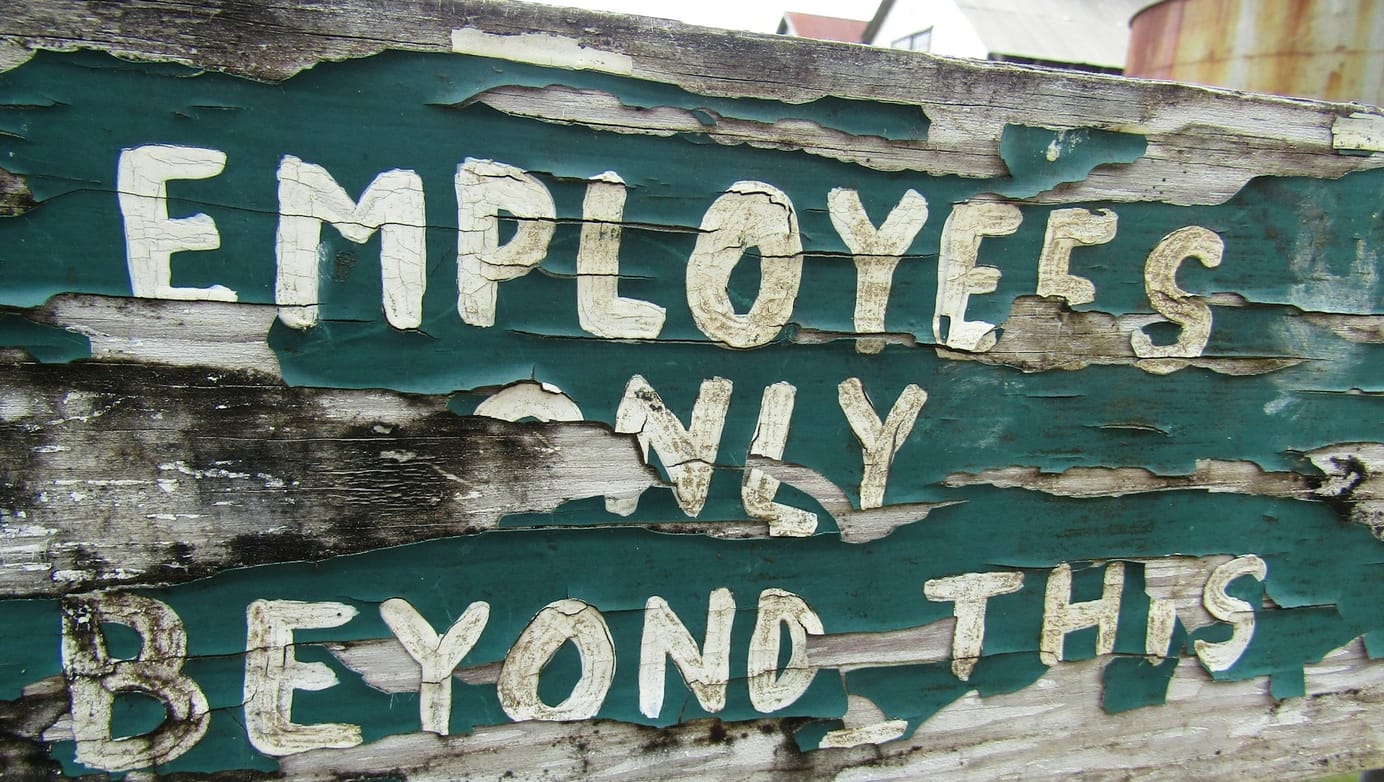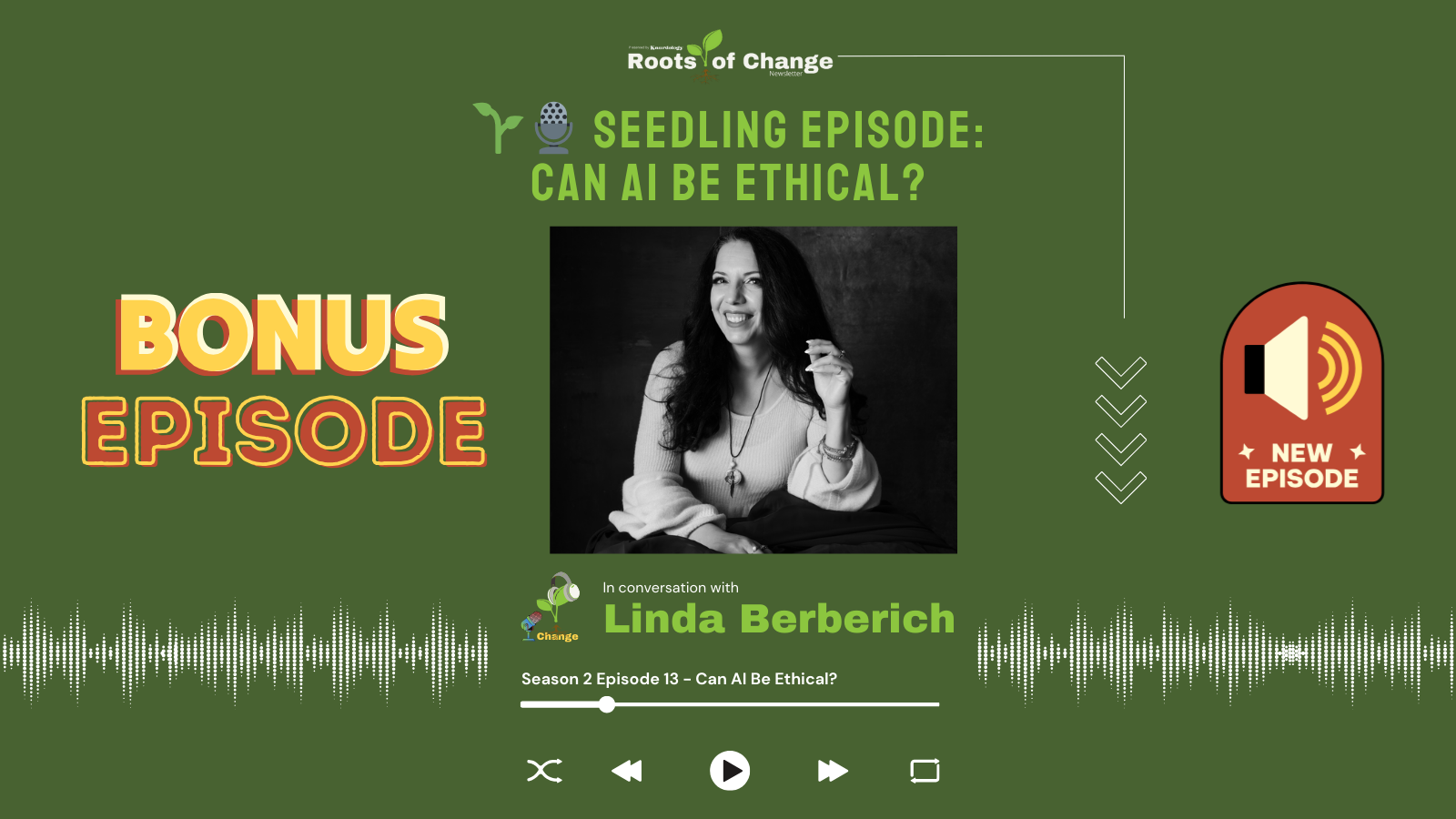The Economic Forces Behind Climate Minimization
Part I: Rethinking Economic Systems to Grow Climate Resiliency
Table of Contents
🤓 Bite-Sized Knurd: Why are we talking less about climate when reports continue to sound the alarm? It’s a tale of economic forces and burnout.
In Case You Missed It: Building Resilience Against Fascism
Did you hear about those awful tornadoes in Mississippi? Remember the record heat waves in India and Pakistan last year? I can’t imagine 121 °F weather! What about when Yellowstone National Park closed down after extreme rainfall last June? The town-destroying floods in Kentucky?
As we move into April, California has almost hit its total annual rainfall average in just the first 3 months of the year. It’s been a wild year for California weather! It was surreal walking through the downed trees that once stood tall above the cityscape before the hurricane-level winds. Their majesty laid bare on the forest floor. The images of Tahoe homes completely snowed over. Highway floodings. The persistent cold.
For me, it’s mostly a reminder that the climate crisis is here and only worsening.
As we’re nearing Earth Day, I’ve been speculating about why we’re talking less about climate when reports continue to sound the alarm that we’re nearing the endpoint to act and reverse the worst of it.
It’s a tale as old as time: a tale of economic forces and burnout.
We’re Collectively Exhausted
The collective grief of the pandemic, rise in fascism, and general uncertainty has affected all of us in countless ways and our institutions are less sturdy. But more importantly, economic uncertainty is high! People are working longer for fewer wages and inflation is forcing most to stretch their paychecks. Financial concerns affect our mental health and the amount of free time we have. Less free time and more stress push us into survival mode with less capacity to take on the macro issues.
While this explains why normal people and activists are not as focused on climate, we need to look at the macro view to really understand what’s going on.
The Economic Forces Behind Climate Minimization
When the pandemic halted much of the economy and disrupted countless industries, there was a glimmer of hope that this was the disruption we needed to transition our economies for climate resilience.
That obviously didn’t happen. Instead, we got a greater push for fossil fuels and the old ways. It doesn’t take long to figure out why this is happening. Where does power tend to sit?
You guessed it, corporations and the wealthy!
Corporations and billionaires doubled their wealth while 160 million were forced into poverty during the pandemic. They saw the pandemic as an opportunity to further entrench fossil fuels and the economic factors that have enriched them.
They’ve used their influence to limit government action on climate and water down climate reports. A recent investigation unearthed that references to fossil fuels and meat consumption were removed from the IPCC Climate report last year at the behest of those industries. (If the warnings are this bad when corporate interests are involved, you know it’s really bad!)
And their plans have been working. Support for fossil fuels almost doubled in 2021 to $697.2 billion. Biden has been announcing oil drilling deals left (Alaska’s Willow Project) and right (off the Gulf of Mexico).
It’s especially hard for climate advocates to push back because of who owns the rails of communication. This cohort is especially influential in media and tech since most major news organizations and social media sites are owned by billionaires. Media companies are not linking extreme weather to climate change because it doesn’t fit into the narrative that allows the economic engine to chug along without consequences.
Unfortunately, we are reaching a point where cracks in our systems are beginning to reveal the necessity to act and transform how we view our economy to be more climate resilient. Much of our current social division and economic crises are tied to the limitations of our economic systems. We touched on this when tying economic insecurities to the rise of fascism.
If our economic systems are causing more social crises, ecological destruction, and lower quality of life, then it might be time to reconsider how we structure our economies for future resiliency. While climate activists are aware, not as many people know about the alternative economic systems that complement the planet.
That’s why, for this month we’re going a little deeper into climate economics and really knurd out about this stuff. See you next week!
Next Up:

🌱 the roots of change newsletter 📚 Newsletter
Join the newsletter to receive the latest updates in your inbox.








